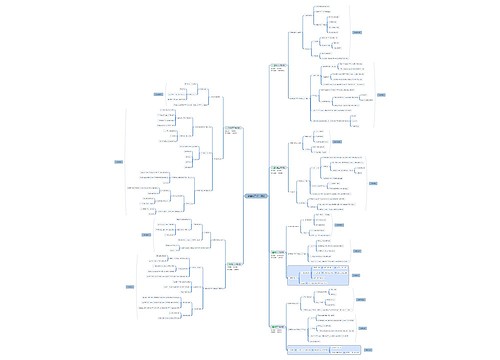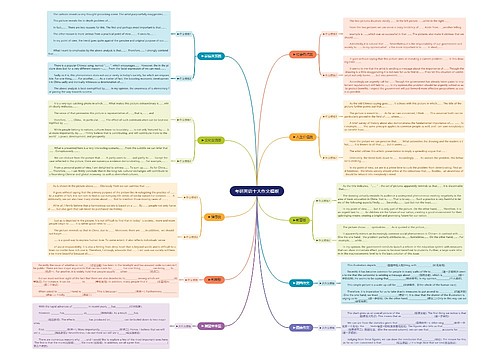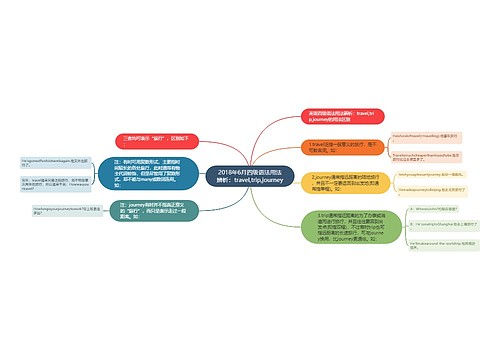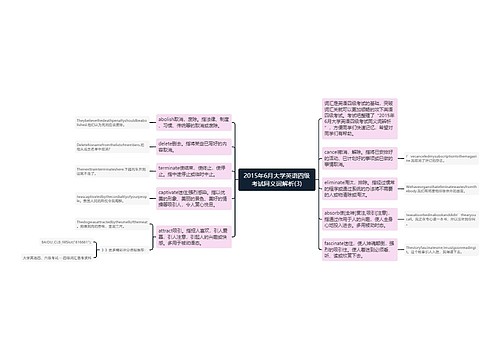2018年6月大学英语六级听力常考时文:Factors for Colds思维导图
落魄潦倒
2023-03-17

2018年6月大学英语六级听力常考时文:FactorsforColds
树图思维导图提供《2018年6月大学英语六级听力常考时文:Factors for Colds》在线思维导图免费制作,点击“编辑”按钮,可对《2018年6月大学英语六级听力常考时文:Factors for Colds》进行在线思维导图编辑,本思维导图属于思维导图模板主题,文件编号是:e00c0c819add93f5ecc10a8eea3dec68
思维导图大纲
相关思维导图模版
904名中国成年人第三磨牙相关知识、态度、行为和病史的横断面调查思维导图
 U633687664
U633687664树图思维导图提供《904名中国成年人第三磨牙相关知识、态度、行为和病史的横断面调查》在线思维导图免费制作,点击“编辑”按钮,可对《904名中国成年人第三磨牙相关知识、态度、行为和病史的横断面调查》进行在线思维导图编辑,本思维导图属于思维导图模板主题,文件编号是:10b9a8a2dd2fb4593f8130ef16c320fc

销售经理半年规划思维导图
 U582121265
U582121265树图思维导图提供《销售经理半年规划》在线思维导图免费制作,点击“编辑”按钮,可对《销售经理半年规划》进行在线思维导图编辑,本思维导图属于思维导图模板主题,文件编号是:e614d6bcf03e9318109240a18697c5d1

相似思维导图模版
思维导图模版推荐
2022儿童节六年级作文600字5篇思维导图
2023-03-17 09:46:57

2018年6月大学英语六级听力常考时文:Obtaining Fresh Water from Icebergs思维导图
2023-03-17 09:47:01

2022传统节日六一儿童节作文5篇思维导图
2023-03-17 09:47:02

2022纪念六一儿童节满分作文600字5篇思维导图
2023-03-17 09:46:53

2018年6月大学英语六级听力常考时文:Suburbanization思维导图
2023-03-17 09:46:49

2022六一儿童节优秀作文600字5篇思维导图
2023-03-17 09:46:48







